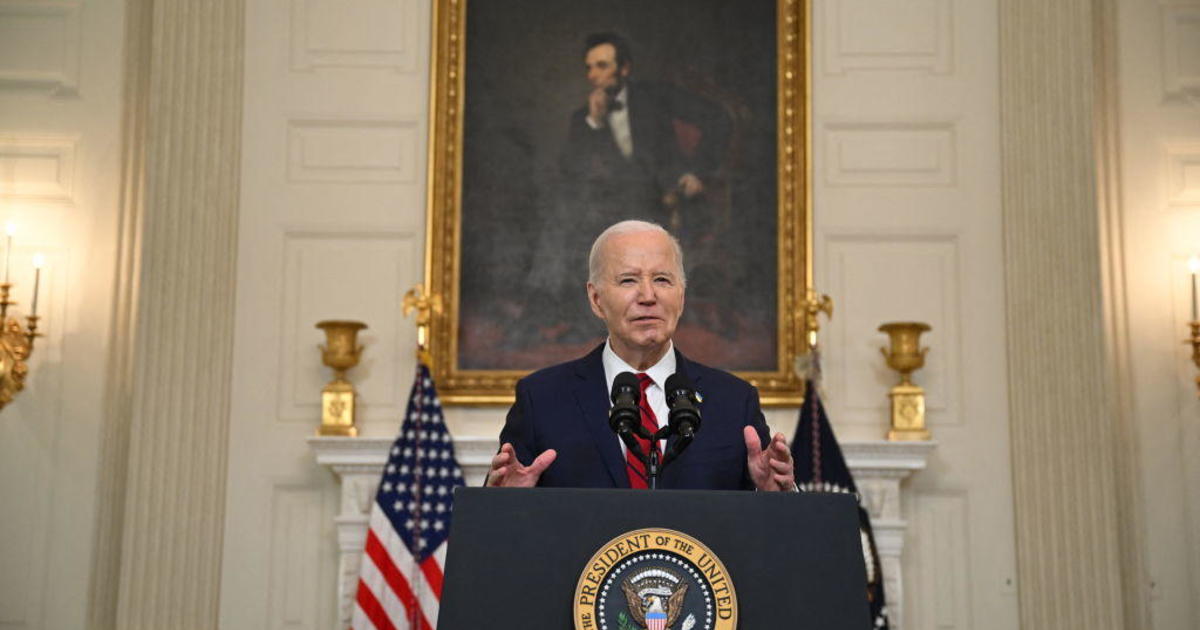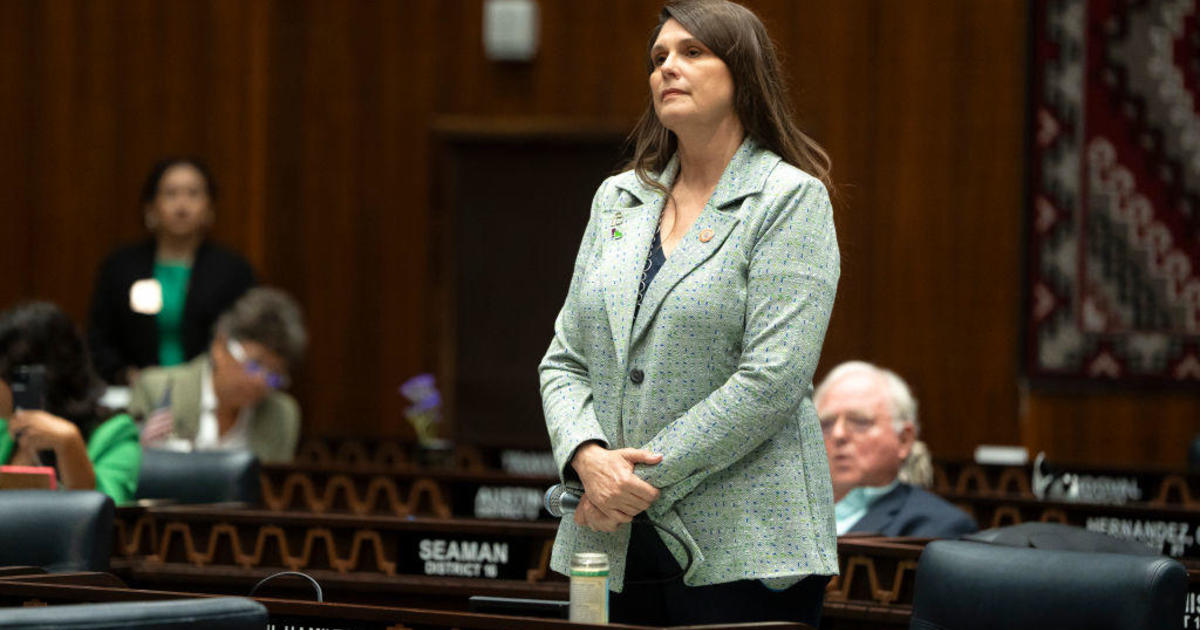What's going on with the new Obamacare repeal push?
We're talking about repealing Obamacare again?
But didn't the GOP fail at doing that?
Yes, big time. However, the Republicans have also run for the last seven years on the promise of repealing Obamacare, so just giving up while they control Congress and the White House could be very dangerous for GOP lawmakers. At the same time, Obamacare is rather popular, and an outright repeal could upend the insurance system. So they've settled on a proposal known as Graham-Cassidy, which is named Sen. Lindsey Graham of South Carolina and Sen. Bill Cassidy of Louisiana, the guys who wrote the bill.
And Graham-Cassidy repeals Obamacare?
Well, yes and know, hence the "sort of" at the top. In broad strokes, what Graham-Cassidy does is take most of that Obamacare money and give it to states in the form of "block grants." In theory, this would allow states to set up their own individual health insurance plans with federal money; Alabama would do its thing, Vermont might try to set up a single-payer system again, and so forth.
So all that Obamacare money just goes somewhere else?
Well, imagine that that Obamacare money exists in two different baskets. The first basket includes all the federal subsidy money for people who need help paying their insurance bills. The second basket is money for Obamacare's Medicaid expansion, which 31 states have opted in to.
Now combine those baskets into one big basket, take away a lot of the money in the basket, and give the rest to the 50 states to use as they wish. Throw in limits on federal Medicaid spending, plus a complex formula to determine how much money each state gets, and you basically have Graham-Cassidy.
Also, the money to states runs out in 2026. Proponents of the bill say the federal government would just step in and allocate more money, which might happen, or might not happen. Nine years is a long time.
Who likes this proposal?
Republican leaders, including President Trump, who would all really like another crack at repealing Obamacare, even if it keeps about $1.2 trillion in Obamacare spending and switches around how its allocated. They seem kind of bullish about the bill's chances of passage, too, as more senators sign on to it.
Many conservatives say they like the bill because it moves a lot of power over health care from the federal government and over to the states. They argue this will lead to better outcomes as state governments are closer to their constituents and therefore more responsive to their particular wants and needs, at least in theory.
When will the Senate vote on Graham-Cassidy?
Sometime next week, per McConnell's office.
Who doesn't like this proposal?
All the Democrats, naturally. Also Kentucky Republican Sen. Rand Paul, who says the bill doesn't really repeal Obamacare, so he won't vote for it. A number of governors have come out against the bill as well, including Republicans like Ohio Gov. John Kasich, who had been pushing a plan to keep Obamacare afloat without repealing it.
So can it pass?
We don't know yet. It would need 50 votes to pass under the reconciliation rules that expire on September 30th, with Vice President Mike Pence casting the deciding vote.
The most recent attempt to repeal and replace Obamacare ended when Republican Sens. Susan Collins, John McCain, and Lisa Murkowski all voted nay. And as of Wednesday, all those senators were on the fence about Graham-Cassidy. There are plenty of other GOP senators who could vote no as well, such as Ohio's Rob Portman and West Virginia's Shelley Moore Capito.
What could get them to make a decision?
One death knell for previous Obamacare repeal attempts has been the Congressional Budget Office (CBO) scores for the earlier bills, which showed dramatic increases in the rates of uninsured Americans.
A CBO score on Graham-Cassidy would probably have similar findings, but CBO doesn't have time to put a full one together. They say they'll have a "preliminary report" due sometime early next week. This will tell us more about the bill, but won't include things like projections for how the uninsured population will increase if it passes.
One thing that could be a big help in passing the bill: a quirk in the Graham-Cassidy formula that gives "eligible beneficiaries" in Alaska and North Dakota a lot more money than states in other parts of the country. This provision was first noticed by National Review's Robert VerBruggen, and according to Business Insider's Josh Barro, it is almost certainly an attempt to make the bill more palatable to Lisa Murkowski.
On the other hand, Alaska Gov. Bill Walker, an independent, has come out against the bill, which could influence Murkowski's decision the other way.
McCain is also under a lot of pressure to support the bill. Arizona's Republican governor, Doug Ducey, supports the legislation. And McCain's closest ally and friend in the Senate is none other than Lindsey Graham.
Plus, McCain has repeatedly objected to how prior attempts to repeal Obamacare have been done outside "regular order," which is when a bill goes to its overseeing committee before its voted on by the full chamber. But Graham-Cassidy will be taken up by the Senate Finance Committee on Monday, according to the committee's chairman, Republican Sen. Orrin Hatch. That could help alleviate McCain's procedural concerns.
So there's a lot we don't know about what this bill would do?
Yes. However, the consulting firm Avalere Health put together their own projections. Generally speaking, they found that a number of Republican-leaning states in the South and Midwest would get more money to spend on health care, while the blue states who opted into the Medicare expansion would get a lot less.
How much less?
As Greg Sargent noted at The Washington Post, John McCain's Arizona would get $11 billion less, Rob Portman's Ohio would get $9 billion less, while Alaska, Maine, and West Virginia would all get $1 billion less. The biggest single cut would go to deep-blue California, according to Avalere, with that state having $78 billion less to spend on health care once the Medicaid expansion is phased out in 2020.
On the other hand, Texas would get roughly $35 billion to spend on health care – or, crucially, something else. Southern states that didn't opt-in to the Medicaid expansion, such as Georgia and Mississippi, would also get billions more than they would under the current law.
After 2026, when the money runs out completely, states would start getting much less than they do under the current law, with Ohio taking a $161 billion hit and Arizona getting a $133 one.
Sounds like a tough sell, huh?
One iron law of politics is that once the government starts giving things to people, it's exceptionally difficult to ever take it away. Graham-Cassidy, much like the previous attempts at repealing Obamacare, is just another example of this phenomenon.
Another iron rule of politics, at least in a practical sense, is that just about every policy change involves a trade-off: some people will always get more of something, while others will get less. A lot of politics just comes down to which groups benefit, and which groups take the hit.
Under Graham-Cassidy, some people will be better off, particularly if the state they live in works out a health care scheme that's beneficial to them. Others will be substantially worse off, and will not be able to rely on benefits the current law provides.



